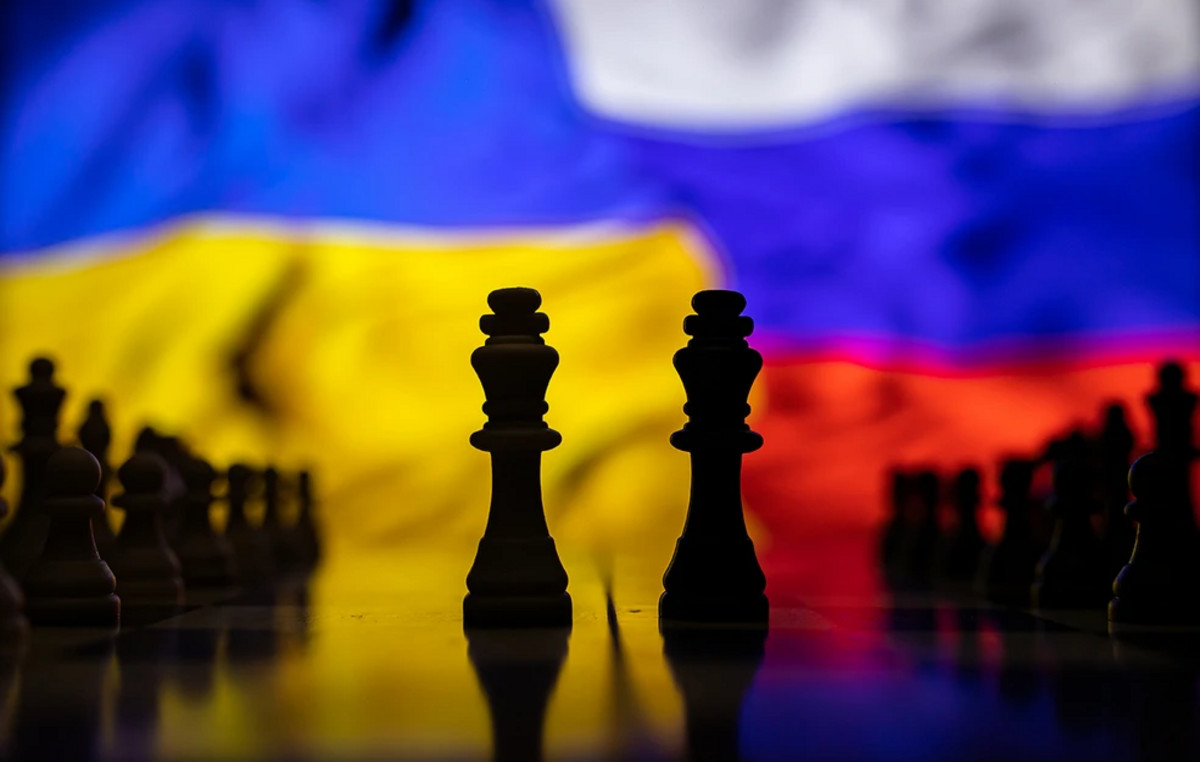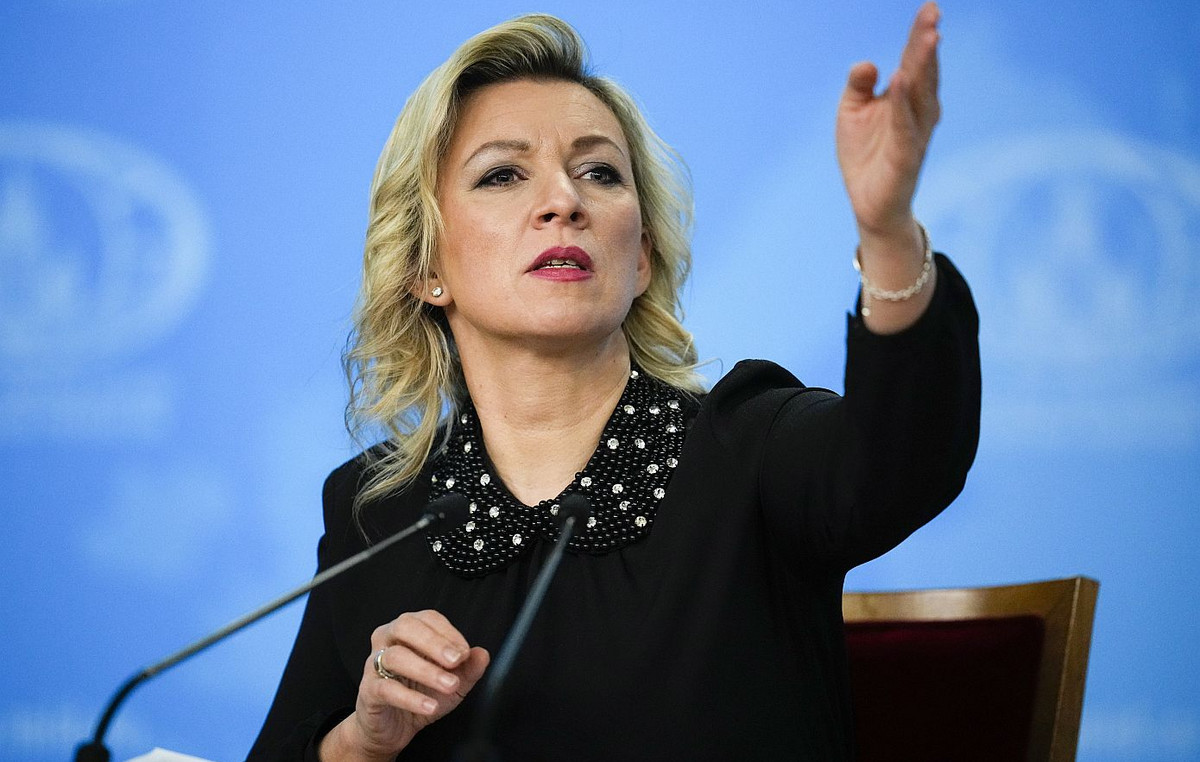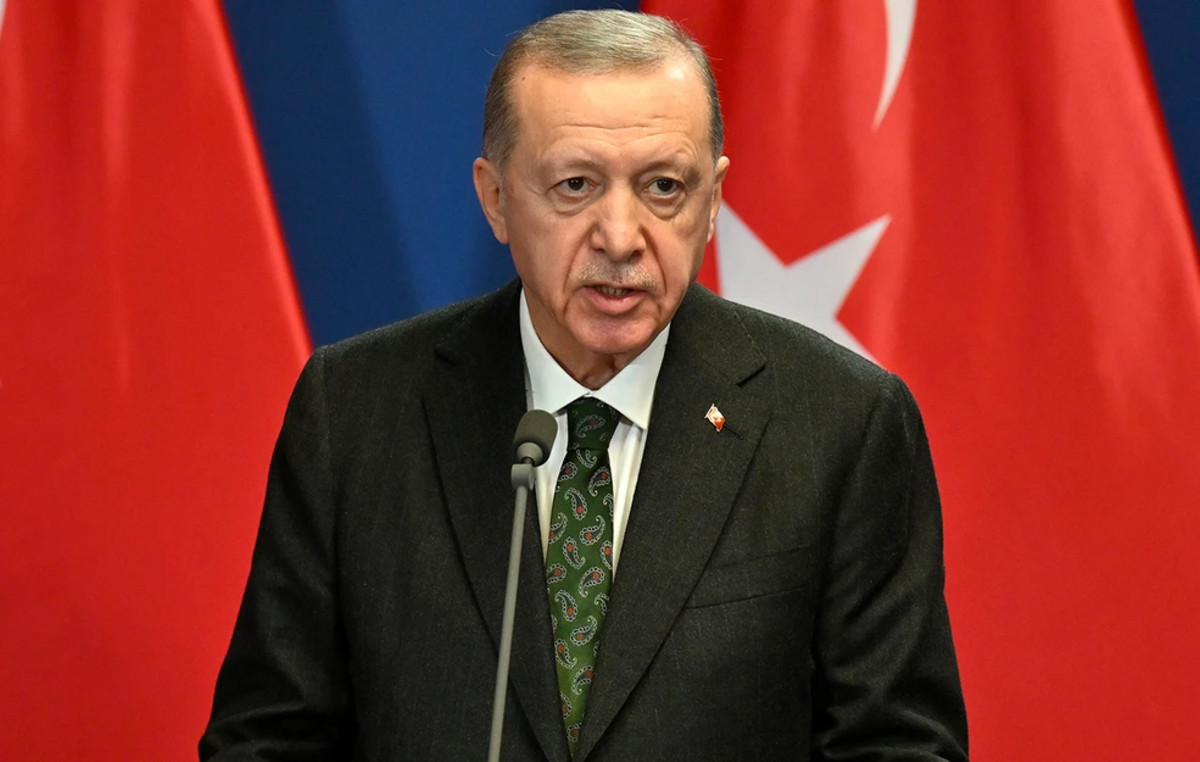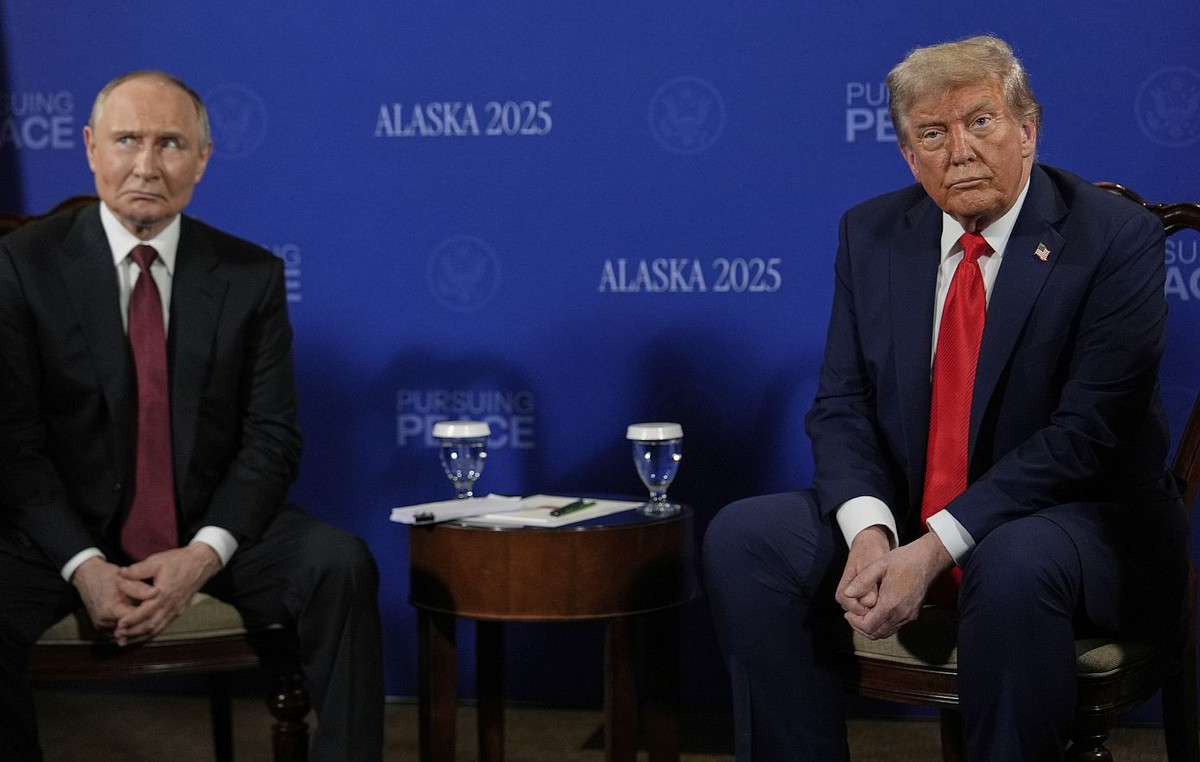Eurozone countries are spending more than they received to cushion the economic impact of the war in Ukraine through fuel subsidies and other support measures, the European Central Bank (ECB) said on Tuesday, urging governments to use their money more efficiently.
The 19 countries that share the euro have passed support measures worth 0.9% of their Gross Domestic Product (GDP), predominantly in measures to offset a rise in fuel prices.
But that should only boost euro area GDP growth by about 0.4 percentage point this year and reduce inflation a little less than that, mainly through lower energy prices, the ECB said.
In the study, which served as the basis for the ECB’s economic projections for 2022 to 2024, the bank estimated that the impact on growth will diminish over the next year.
Over the period 2022 to 2024, stimulus measures passed in response to the war are expected to add just under 0.4 point to growth and reduce inflation by just over 0.1 point, the ECB said.
The bank also found that half of the fiscal stimulus was aimed at supporting short-term fossil fuel consumption, while only a minimal part contributed directly to the transition to clean energy sources.
“Looking ahead, efforts should be made to increasingly target energy-related compensatory measures to the most vulnerable households,” the ECB said.
“Furthermore, incentives should be geared towards reducing fossil fuel use and dependence on Russian energy while maintaining sound public finances.”
Source: CNN Brasil
I am Sophia william, author of World Stock Market. I have a degree in journalism from the University of Missouri and I have worked as a reporter for several news websites. I have a passion for writing and informing people about the latest news and events happening in the world. I strive to be accurate and unbiased in my reporting, and I hope to provide readers with valuable information that they can use to make informed decisions.







